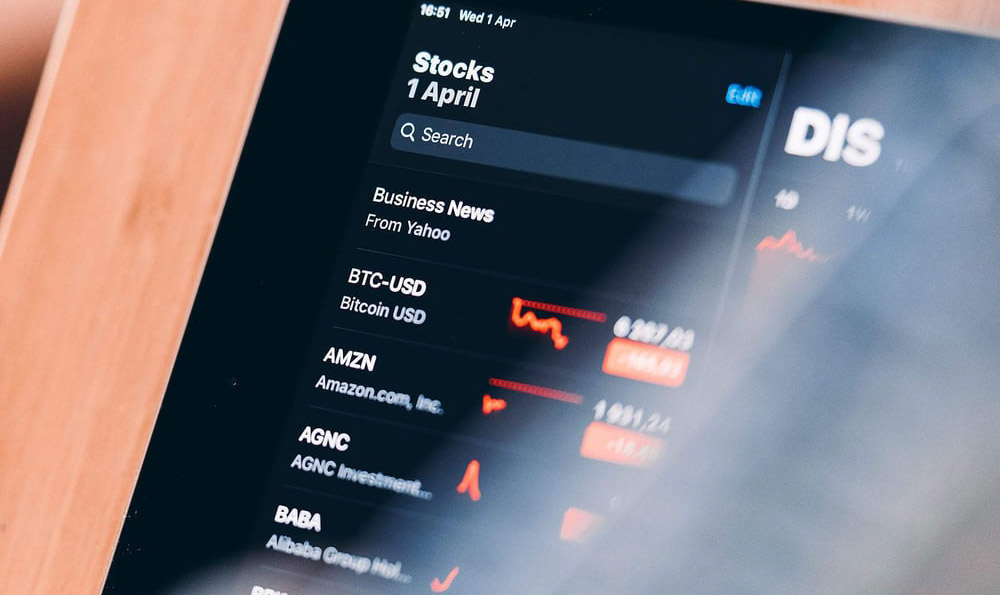Okay, I'm ready. Here's an article addressing the topic, "How did Roaring Kitty get rich, and what were his investments?"
How did a man in a cat-themed headband become a symbol of retail investor empowerment and a focus of Wall Street scrutiny? The story of Keith Gill, better known as Roaring Kitty on YouTube and DeepFuckingValue on Reddit, is a complex tapestry woven with astute analysis, a high tolerance for risk, and a dash of internet memetics. While pinpointing the exact net worth he amassed remains difficult due to privacy concerns and the volatile nature of his investments, understanding his approach and the core of his strategy reveals the factors contributing to his success – and the accompanying controversies.
Gill's rise to prominence wasn't a sudden explosion; it was a calculated ascent fueled by deep research and a contrarian perspective. He didn't stumble upon GameStop by chance. Instead, he meticulously analyzed the company's financials, recognizing that the stock was heavily shorted by institutional investors. This meant that a significant portion of the market was betting against GameStop's success. Gill believed this presented a unique opportunity, a potential "short squeeze" where a rising stock price would force short sellers to cover their positions, further driving up the price in a self-fulfilling prophecy.

His investment thesis revolved around the belief that GameStop, while facing challenges in a rapidly shifting digital landscape, still possessed intrinsic value. He argued that the company's brand recognition, its loyal customer base, and its potential to adapt to the evolving gaming market were significantly undervalued by the market. Crucially, he saw the potential for new management, specifically Ryan Cohen, to steer the company towards a successful turnaround. This wasn't a blind faith in a dying brick-and-mortar business; it was a calculated bet on strategic transformation.
Gill began publicly sharing his research and investment positions on platforms like Reddit's WallStreetBets and his YouTube channel, Roaring Kitty. He wasn't offering get-rich-quick schemes or promoting pump-and-dump strategies. Instead, he presented a well-reasoned argument, supported by detailed financial analysis and a clear articulation of his investment rationale. He wasn't just telling people to buy GameStop; he was showing them why he believed it was a worthwhile investment. This transparency and detailed explanation resonated with a growing community of retail investors who felt ignored or patronized by traditional financial institutions.
His investments were primarily centered around GameStop (GME) shares and call options. A call option gives the holder the right, but not the obligation, to buy a stock at a specific price (the strike price) on or before a specific date (the expiration date). If the stock price rises above the strike price, the option becomes profitable. Gill's strategy involved purchasing both shares of GameStop and call options, leveraging his potential gains if his prediction of a price increase proved correct. This strategy, while offering the potential for substantial returns, also carried significant risk, as options can expire worthless if the stock price doesn't reach the strike price.
The GameStop saga reached its peak in January 2021, when a coordinated buying frenzy, fueled by retail investors inspired by Gill's analysis, sent the stock price soaring. The stock price went from around $20 in early January to over $480 at its peak. This unprecedented surge caused significant losses for hedge funds that had heavily shorted the stock, highlighting the power of collective action by retail investors.
While the exact value of Gill's holdings at the peak remains speculative, estimates suggest that he may have realized a substantial profit, potentially in the tens of millions of dollars. However, it's important to remember that the value of his investments fluctuated wildly, and he publicly stated that he continued to hold his position even after the initial surge. The value of those holdings has certainly changed since 2021.
However, his story also attracted scrutiny. He was questioned by regulators and faced accusations of market manipulation, although no formal charges were ever filed. The controversy surrounding his actions raised important questions about the role of social media in investing, the responsibilities of financial influencers, and the fairness of the market for retail investors.
The Roaring Kitty phenomenon also highlighted the inherent risks of following investment advice from online sources. While Gill presented a well-researched thesis, investing decisions should always be based on individual circumstances, risk tolerance, and thorough due diligence. The GameStop saga was a unique event, and replicating the same results is unlikely, if not impossible.
In conclusion, Roaring Kitty's story is a fascinating example of how research, conviction, and a connection with a community can lead to significant financial gains. His success was not solely due to luck; it was the result of a calculated strategy based on a contrarian view of the market. However, it's equally important to recognize the risks involved in such investments and to approach online investment advice with a healthy dose of skepticism. While his specific investments centered around GameStop and its options, his impact resonated far beyond a single stock, changing the landscape of retail investing forever. He became a symbol of challenging established power structures and democratizing access to financial information, forever altering the dynamic between Main Street and Wall Street. His enduring legacy lies not just in the potential profits he made, but in the questions he raised about market fairness and the role of individual investors in shaping the financial world.












